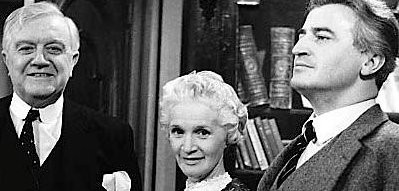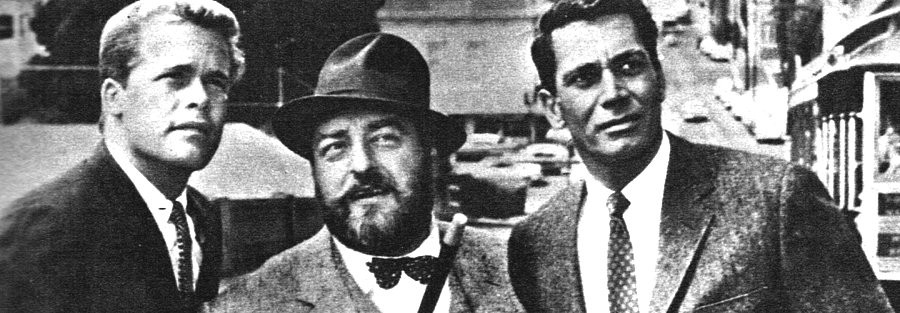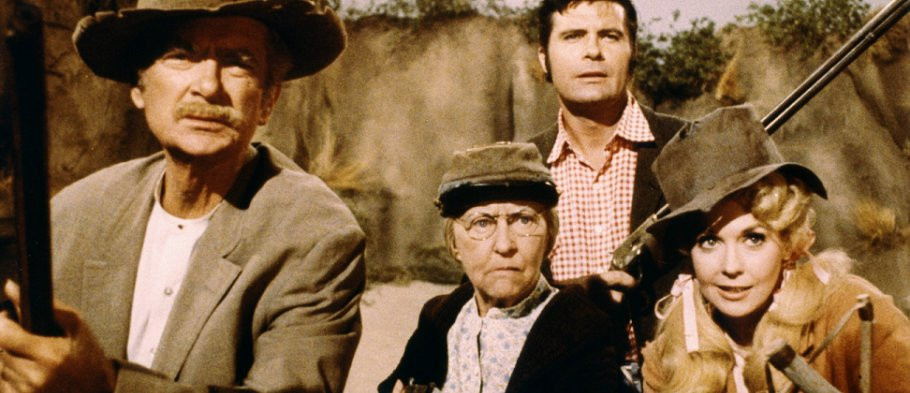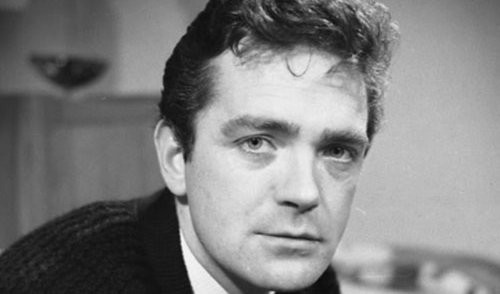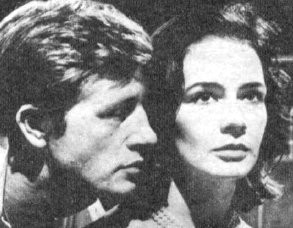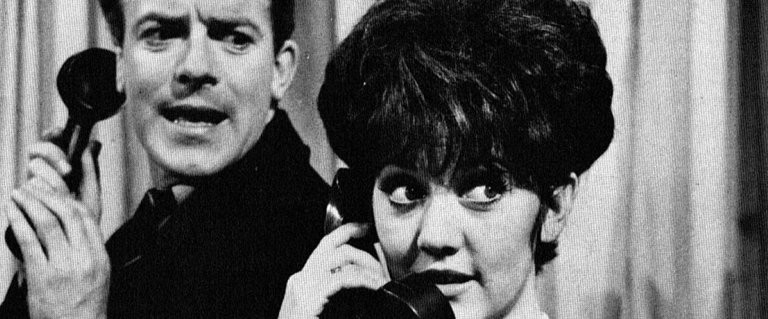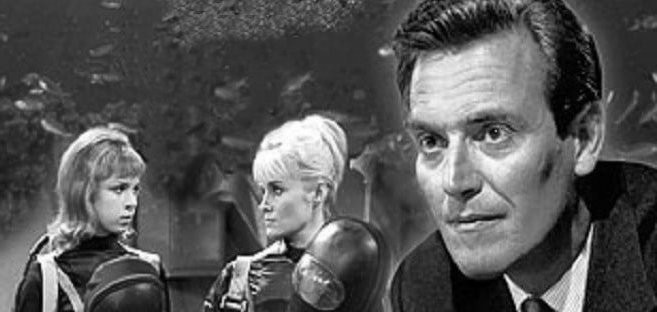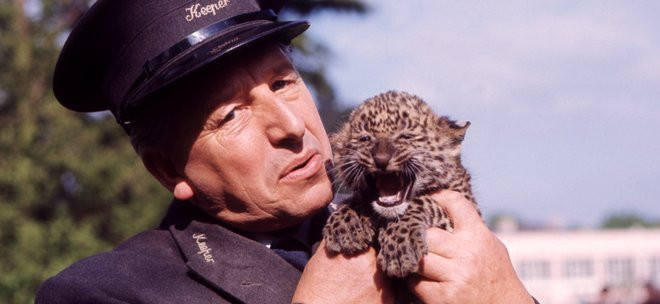
Animal Magic
1962 - United KingdomPresented by the inimitable Johnny Morris, the man who not only spoke to the animals, but also for them, Animal Magic was a firm children's favourite on BBC television for no less than 21 years. Johnny Morris had previously hosted his own radio show in the West Country in which he became a jack-of-all-trades, doing other people's jobs for a day either as a furniture remover or a circus hand. The shows amounted to no more than 15 minute slots and went out under the title 'Pass The Salt.' Later on Johnny became television's Hot Chestnut Man, telling a weekly self-penned children's story whilst apparently standing on a street corner waiting to sell his next bag of hot chestnuts from his barrow. It proved hugely popular and ran for 8 years. (See: Playbox).
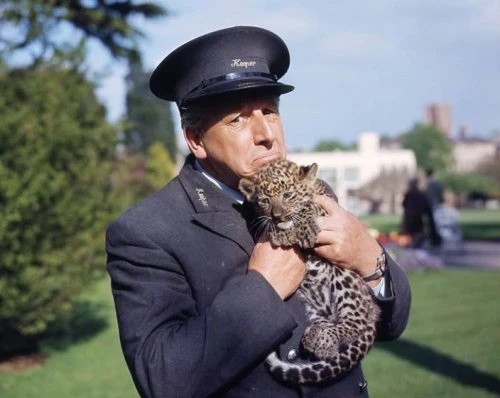
The year after he finished with The Hot Chestnut Man, Johnny was asked to host a new show when the BBC's Natural History Unit was formed in Bristol. It was thought that there should be a show about animals that was both instructive and entertaining. Pat Beech, former News Editor of BBC West came up with the name. "Children love animals and they love magic," he said. "Call it Animal Magic." According to Johnny the show didn't jump out of its cage on all four legs. "The programme went in fits and starts but it managed to jerk along and finally settled down when Douglas Thomas took over the production." Under Thomas' producership Johnny Morris became the zookeeper who was responsible for looking after the animals, all the animals, at Bristol Zoo. 'I was the zookeeper who was overlooked by a stern boss. You never saw the boss - he was a voice off-stage who shouted out from time to time, 'Morris, what do you think you are doing?'' What Morris was doing, he later wrote, was playing out his childhood fantasies.
Morris the zookeeper would invariably be seen playing silly pranks in front of the animals as the cameras rolled. Later, he'd take the recordings back into the editing room and overdub his own voice and then add voices for the animals. In order to get close up Johnny would often enter the animal's cages as a nervous cameraman filmed him. Mostly, the cameraman took as little equipment as possible into the cages. Tripods and microphones were definitely not required equipment. "The more equipment you introduce into an animal's enclosure the more trouble you heap upon yourself." Wrote Johnny. "I have seen a young gorilla simply rip a tripod from a camera man's grasp and bash him over the head with it. He was not observing rule number one, which is never go into a great ape's enclosure with anything in your hand. It will first be taken from you and then you'll get it back with a vengeance." Oddly enough it was years before the BBC realised that they hadn't taken out an insurance policy on their star presenter. "In the end," said Johnny "they offered me five times my annual gross if I was killed!"
In spite of its great success, Animal Magic drew criticism from some quarters. "Some hated it because it was anthropomorphic" said Johnny. "And anthropomorphism is one of the deadly sins. To make animals appear as though they were talking was totally and absolutely unscientific. Not only that but it was a cheap and facile way to entertain boys and girls. To indulge in such worthless underhand tricks week after week was a disgrace." Disgrace or not, Animal Magic became a runaway success and as soon as the nation's zoos realised how a screening of their zoo increased attendance, there was no shortage of filming opportunities from zoos up and down the country. And not just in the UK. Johnny Morris and the BBC travelled all over Europe and eventually shows were filmed in Frankfurt, Basle and many other European zoos.
Despite its longevity Animal Magic was very much a show of the 1960s. That it managed to survive well beyond that and the subsequent decade was less about the format and more about the charm of its presenter. The zoos may have provided the animals, but it was Johnny Morris who provided the magic.
Published on November 27th, 2018. Written by Laurence Marcus for Television Heaven.


